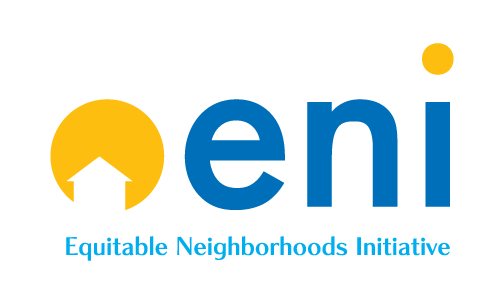April 24, 2023
– By Cristin Brawner –
When you think of your neighborhood library, what comes to mind? Perhaps shelves filled with books or large stacks of reference resources spring to mind. Or story times for preschoolers and book talks with local authors. Others might conjure up images of a digital reader or a smartphone app connecting them to their local library’s online collection. For libraries in the 21st century, shelves of books and digital collections are just the start of the services they offer their communities.
In his groundbreaking book, “Palaces for the People,” sociologist Dr. Eric Klinenberg echoes Andrew Carnegie in calling libraries “palaces for the people.” He further states that libraries are “among the most critical forms of social infrastructure that we have.” Libraries help create a strong social infrastructure. They do this by providing resources and information, allowing a safe space for people to gather, and serving as connectors for their communities.
Libraries Connect Communities
Libraries connect people to information, and of course to the written word, but they do so much more. They also connect people to people, potential partners to fellow collaborators, and, of course, people to information and literacy.
Ms. Jennifer Wilkins is the director of the Collinsville Public Library in Collinsville, AL. She describes the primary role of the library as “Connecting resources – like the local government, schools, businesses, houses of worship, and nonprofits – to enable each one of them to meet their goals to make the community a better place.” Ms. Wilkins works hard to connect any group or organization in her community with the aligned interest of improving the community. “We work with everybody,” emphasizes Ms. Wilkins.
This prioritization of building stronger connections in the town promotes the thriving of not just the library, but also the library’s community partners and patrons.
For example, the Collinsville Public Library recently partnered with the Collinsville Historical Association and the historic Cricket Theatre to host a book talk with renowned Alabama historian Dr. Wayne Flynt. Ms. Wilkins had the idea to host the book talk during the annual business meeting of the Historical Association to attract a larger audience. Hosting the event at the beautifully restored Cricket Theatre spotlighted another community partner.
Ms. Wilkins attributes the success of events like these to the library’s perspective of “being willing to let someone else shine.” Rather than seeking credit for every initiative, Ms. Wilkins and her team focus on working together for the betterment of the community. This prioritization of building stronger connections in the town promotes the thriving of not just the library, but also the library’s community partners and patrons.
Rather than taking away from an emphasis on reading, serving as a community connector enhances the literacy goals of the library. “We find ways to incorporate and promote literacy for all ages,” relays Ms. Wilkins. For example, the library hopes to start a new program with what many may see as “unlikely” partners, a doctor’s office and two local laundromats. They’ll provide rotating collections of free books for folks waiting for their health care provider or for their clothes to dry. These unique partnerships are an attempt, according to Ms. Wilkins, to get community members “reading where they are.”
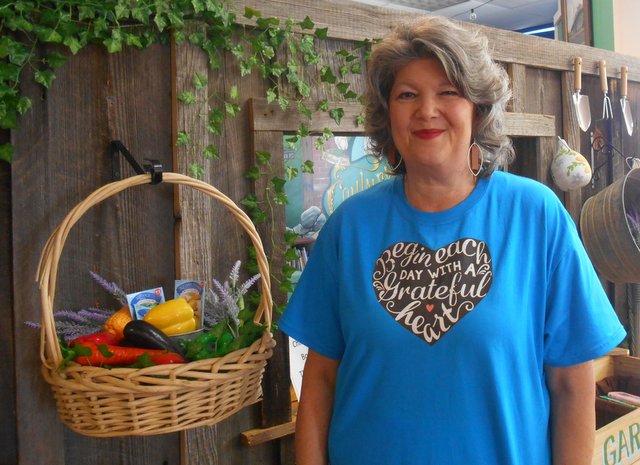
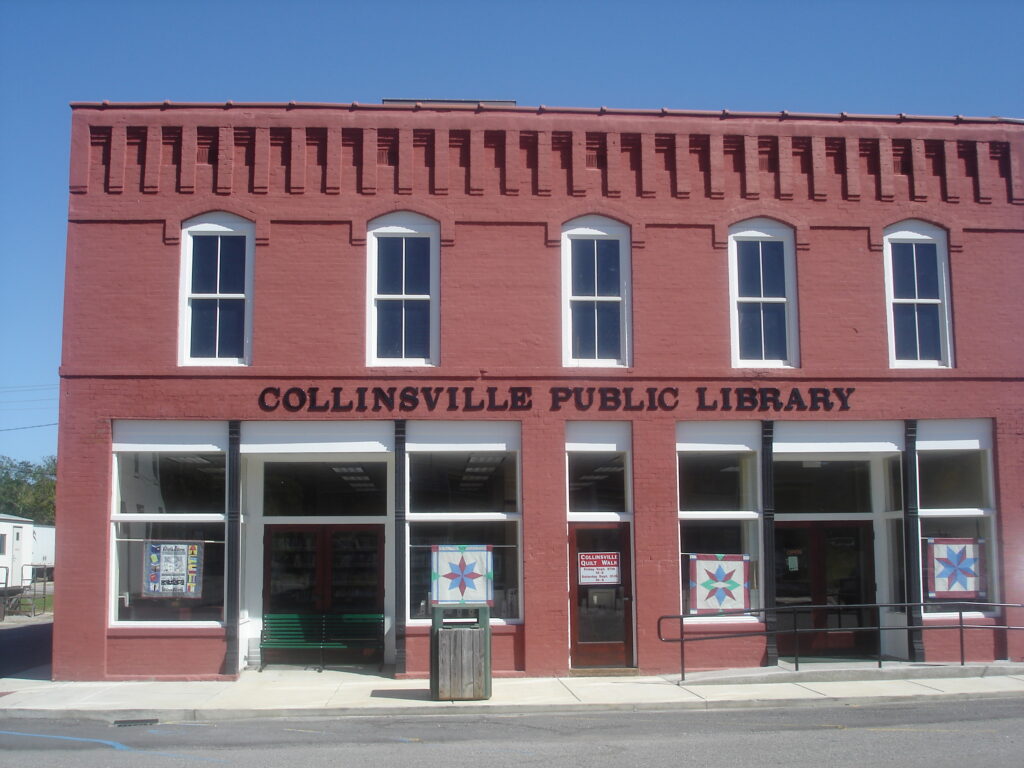
Not only does the library serve as a connector of community resources and institutions, but it can also better connect residents with one another. In Collinsville, the library plays a part in bridging language and cultural barriers. A Spanish-language forum hosted by the library years ago served as an early catalyst for connecting community members. Ms. Wilkins said it allowed the community “to hear from a group we didn’t normally hear from.” The library now employs a bilingual staff member to ensure all patrons feel welcome. It seeks to provide programming designed for all community members.
Libraries Address Health Disparities
Serving as community connectors uniquely positions libraries to also play a role in addressing health disparities and improving health equity. According to Libraries advancing health equity, published in the References Service Review, “Libraries excel at providing programs that expand access to high-quality information and improve health literacy.” Libraries are an integral part of creating new collaborations to improve the health of those they serve.
For example, the Collinsville Public Library seeks to go beyond improving health literacy. It incorporates health initiatives into its regular programming. One such successful program came about when the Collinsville Public Library collaborated with the Collinsville High School library to provide free vision screenings for students attending the afterschool program. That led to a partnership with the Lions Club and a local optometrist to provide free or greatly reduced glasses to young people.
Buoyed by the success of past health initiatives, Ms. Wilkins would like to grow the health programming and offerings of the library. In the future, the Collinsville Public Library would love to offer more health screenings. They are also interested in providing blood pressure machines or glucose monitors for residents to check out. These and other creative ideas show the library’s, and Ms. Wilkins’, dedication to pursue “any way that we can reach out…to the community” to improve residents’ quality of life, including their health.
The Collinsville Public Library’s commitment to improving health in the community makes it a great partner for the Equitable Neighborhoods Initiative. ENI Community Liaison for Collinsville, Greg Sarabia, speaks highly of the Collinsville Public Library and Ms. Wilkins in particular. Ms. Wilkins is an active member of the ENI Advisory Group and a strong advocate for the program. She has helped connect ENI to partners and residents in Collinsville. Mr. Sarabia shared that Ms. Wilkins “goes above and beyond for ENI.” The library has opened its beautiful space to host the monthly ENI Advisory Group meetings. And it will even host a mental health first aid workshop for the community on May 2, 2023.
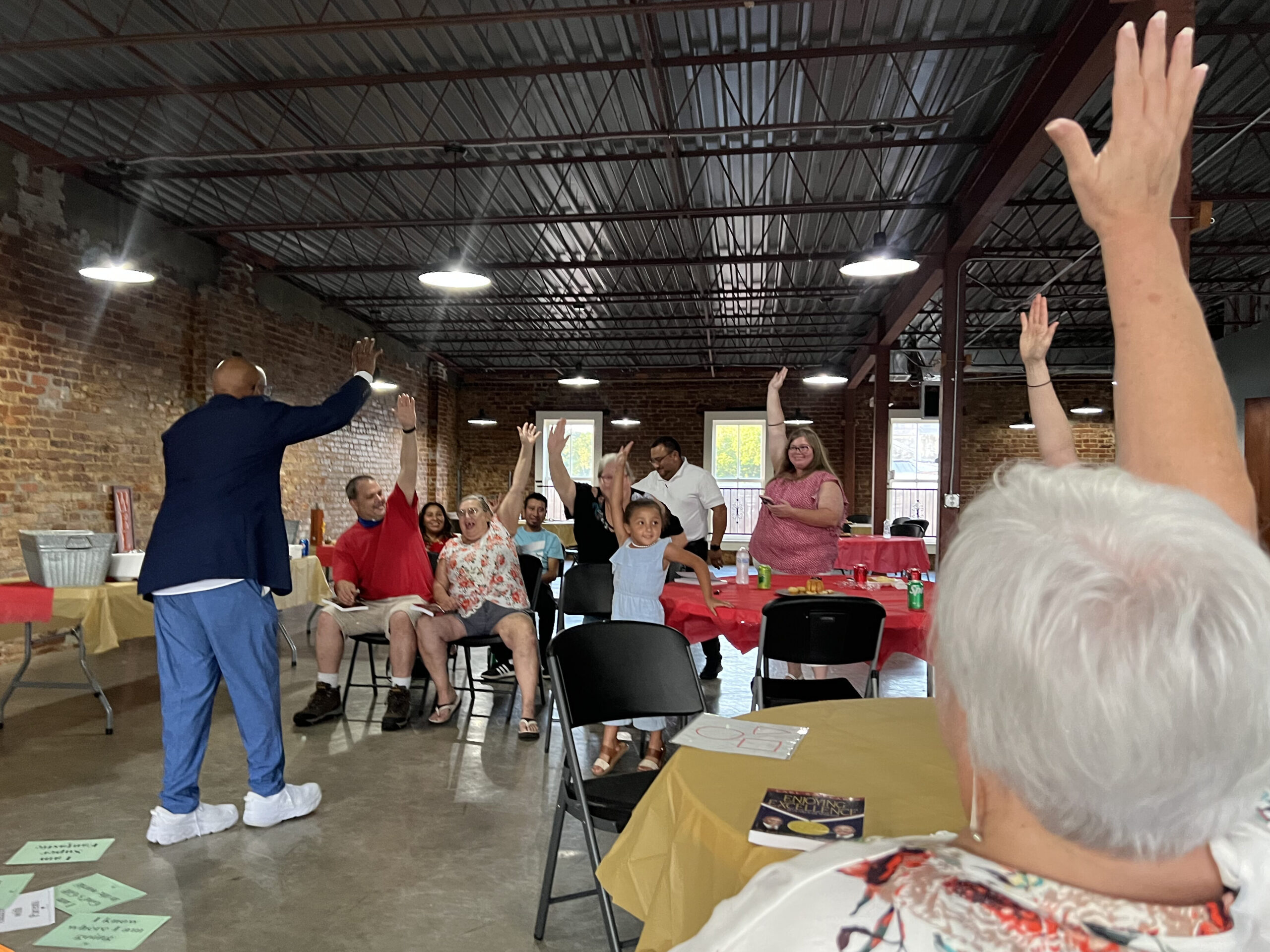
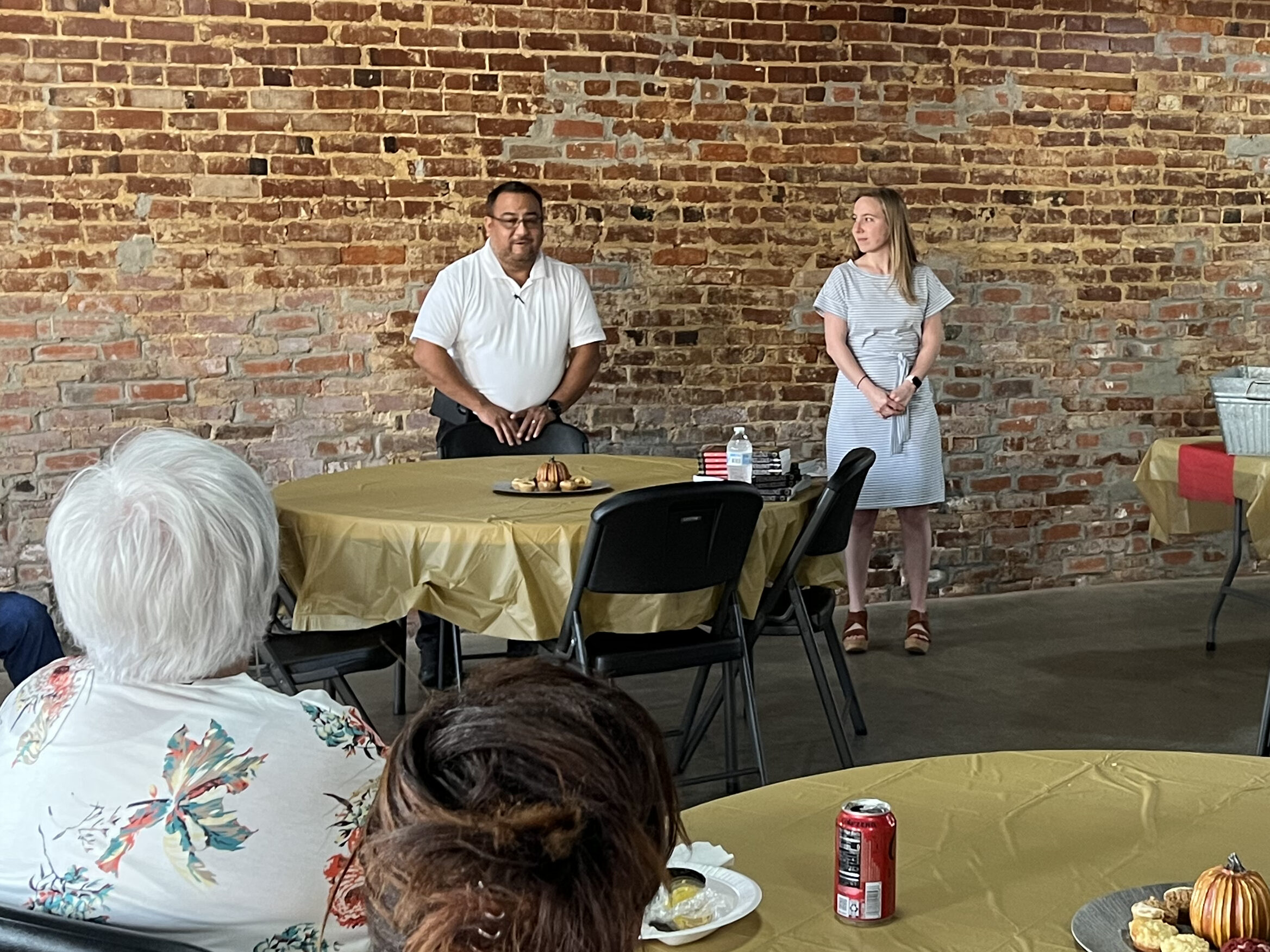
Conclusion
Libraries are one of many ways to build partnerships in your community. In the video below, Ms. Kim-Lien Tran, ENI Community Liaison for Bayou La Batre, shares her personal experience fostering community connections & building and maintaining partnerships. Ms. Tran discusses the role of trust, and she makes recommendations for where to start to strengthen community connections.
The Collinsville Public Library is not alone in serving as a connector in its community! In fact, the American Library Association founded a Center for Civic Life that provides Civic and Community Engagement tools and resources to libraries across the country to help them serve as stronger connectors in their communities. Closer to home, in Gateways to the Community and Alabama Talks Back: Rural Libraries & Social Infrastructure, the David Mathews Center for Civic Life shares stories of Alabama libraries dedicated to connecting their communities.
So do yourself a favor and don’t just check out a book next time you’re at the library, check out the library! Get to know their programs and get involved with their projects. By partnering with your library, you can make an even greater difference in your town.
